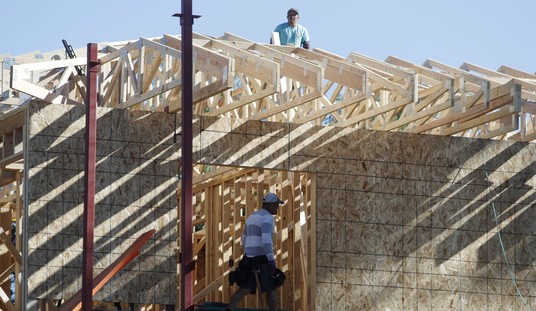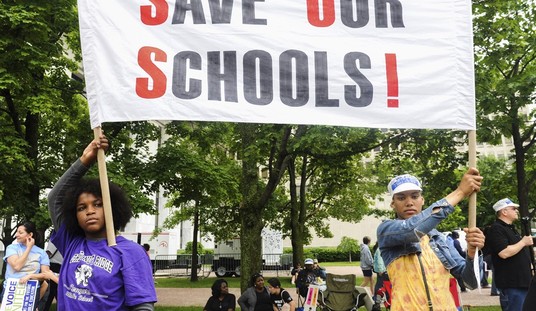A coalition of faith-based, law enforcement, public policy, and health care organizations signed a letter to President Donald Trump on Monday, urging him to keep marijuana classified as a Schedule I drug.
The letter warns that reclassification would “result in serious harm to public health and safety.”
The appeal follows Trump saying earlier in August that he would soon make a decision on whether to downgrade marijuana’s classification.
We’re looking at reclassification, and we’ll make a determination over the next few weeks.
First, a bit of background:
The federal government has classified marijuana as a Schedule I drug since 1970 when the Controlled Substances Act was signed into law.
The Drug Enforcement Administration defines Schedule I drugs as highly addictive and having no medical use. Cannabis is classified in the same category as heroin, ecstasy and LSD.
In 2022, President Joe Biden asked the U.S. Department of Health and Human Services and the DEA to review marijuana classification. A year later, HHS recommended reclassifying marijuana to Schedule III. Last year, Biden’s administration formally proposed the move.
This is a tricky one.
While I won't take a hard stand on reclassification of marijuana — or not — I will confess that back in the day (ahh, those college years ) smoking pot and listening to music in dorms across America was likely more prevalent than not. And while I've kept up on the various developments related to legalization or reclassification of cannabis, I did leave the aforementioned days behind when I left the no-longer-hallowed halls of academia.
That being said, as should be the case with all consequential decisions, logic and common sense should be in play, here — yet I see no evidence of it in some circles or states, including in my home state.
In the aforementioned letter, a copy of which was obtained by Daily Wire, the signatories argued that downgrading marijuana to a Class 3 (or Schedule III) controlled substance would “result in serious harm to public health and safety.”
Would it? I believe the answer is unknowable. However, I do know that alcohol-related deaths and injuries caused by intoxicated drivers remain off the charts:
Every day, about 34 people in the United States die in drunk-driving crashes — that's one person every 42 minutes. In 2023, 12,429 people died in alcohol-impaired driving traffic deaths. These deaths were all preventable.
About 30% of all traffic crash fatalities in the United States involve drunk drivers (with BACs of .08 g/dL or higher). In fact, on average over the 10-year period from 2014-2023, about 11,000 people died every year in drunk-driving crashes.
Yet, alcohol not only remains legal; it's also easy for underage drivers to get their hands on.
I'm not suggesting we usher in a new era of Prohibition (which failed miserably the last time it was tried) but I am suggesting — based on years of observations and more than a bit of anecdotal information — that a "yuuge," as Trump might say, contradiction exists between the classification of cannabis and legality of alcohol. Let's call it "food for thought."
Anyway, the letter reads, in part:
Arguments like ‘marijuana should not be in the same category as heroin’ are politically salient and easy to understand, but they fundamentally misunderstand how drug scheduling works. Contrary to popular belief, drug scheduling is not a harm index. Rather, it balances the accepted medical use of a substance with its potential for abuse.
Schedule I drugs have no accepted, safe medical use and a high potential for abuse. Marijuana fits squarely within this definition, a fact acknowledged in every scheduling review prior to 2023 (the Obama Administration recommended against rescheduling in 2016).
The letter highlights findings from the Centers for Disease Control (CDC,) which show that 30 percent of cannabis users meet the clinical definition of having cannabis use disorder, defined by the CDC as "a mental health condition in which you have a problematic pattern of cannabis/marijuana use that causes distress and/or impairs your life."
Further, according to the CDC:
The amount of THC in cannabis has increased over the past few decades. Products with high concentrations of THC can have greater intoxicating effects and increase the risk of overconsumption. High THC concentration cannabis use by adolescents and young adults is associated with continued use and development of future mental health symptoms and disorders.
I won't get into the potential health problems — and worse — of chronic alcohol abuse. And I won't make the argument that simply because alcohol is legal, recreational marijuana should be, as well. But I will reiterate the inconsistencies of various government agencies — both federal and state — in how they view the former vs. the latter.
Supporters of reclassifying marijuana argue that moving cannabis from Schedule I to Schedule III wouldn't fully legalize it at the federal level, but would reduce the severity of marijuana-related offenses — while also arguing that legalizing cannabis can allay safety concerns, as well as generate tax revenue.
ALSO CHECK OUT: Donald Trump Publicly Supports Florida Amendment Legalizing Marijuana—and It's a Good Move
A recent Pew Poll found that nearly six in ten Americans (57 percent) believe marijuana should be legal for medical and recreational purposes, while roughly a third (32 percent) believe marijuana should be legal for medical use only. Moreover, just eleven percent of respondents said marijuana shouldn't be legal at all.
Yes, I'm going to end with this: What say you?















